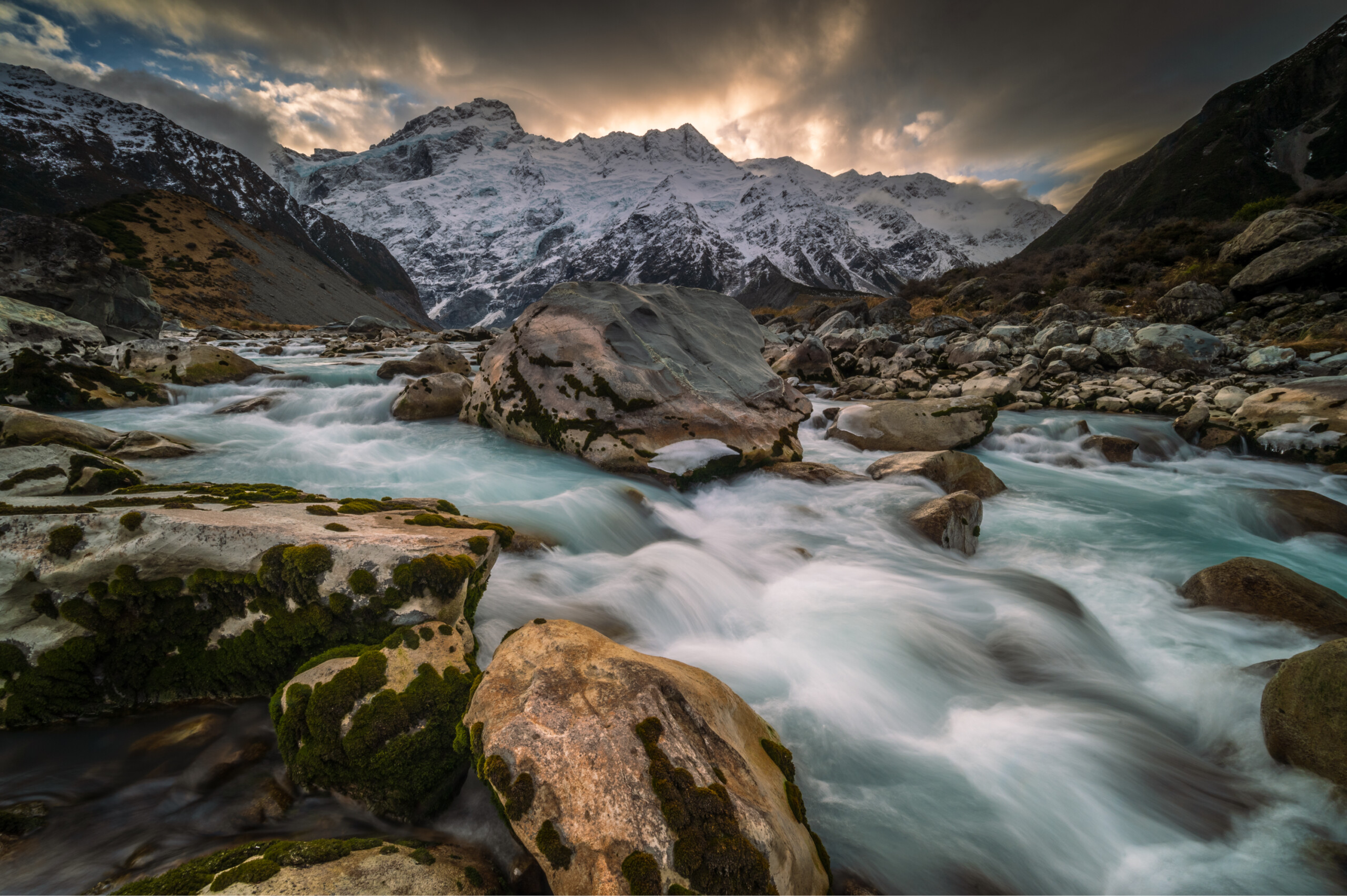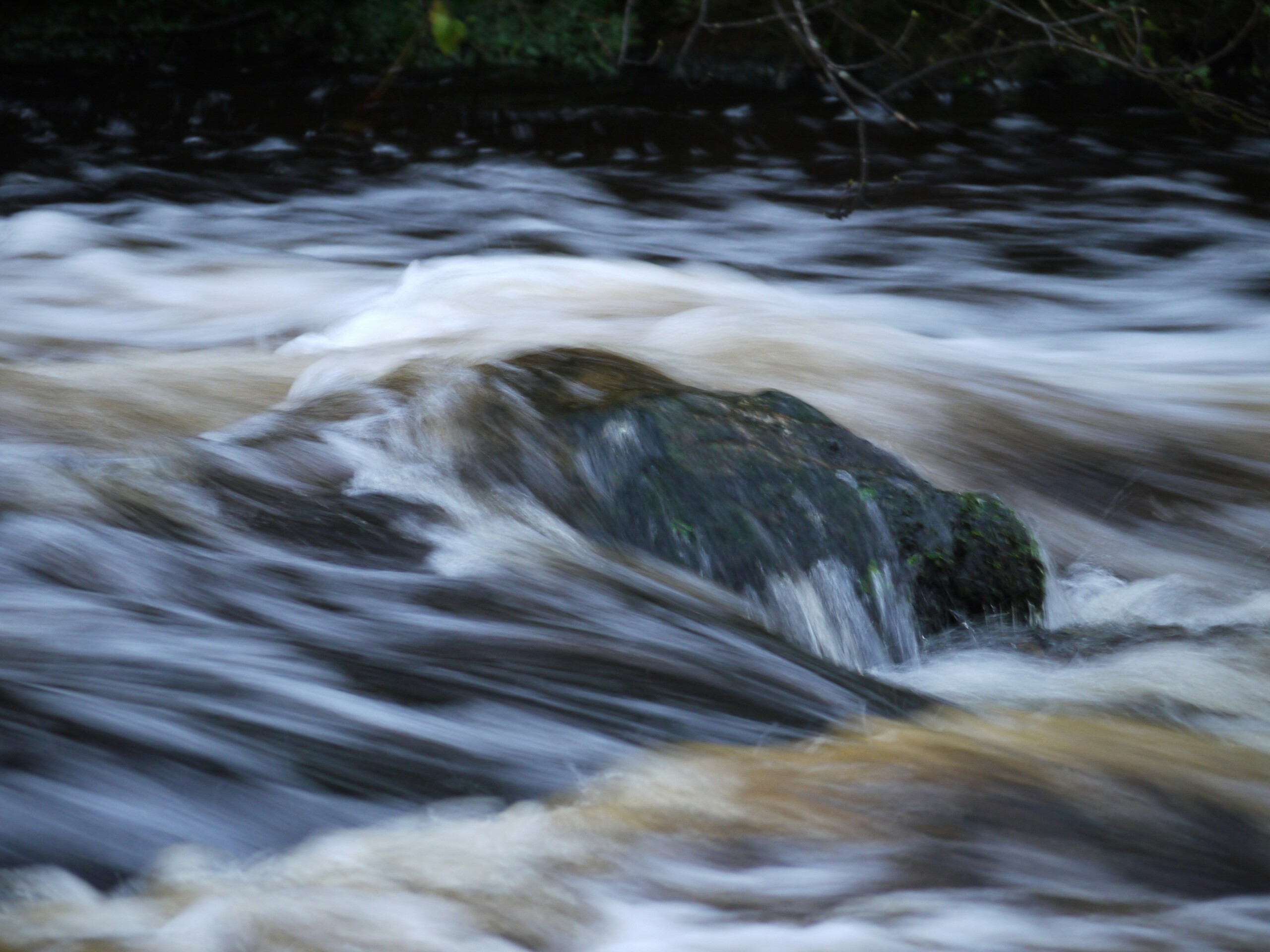Government’s conservation law reform undermines democracy and the protection of the whenua

Conservation law exists to protect Aotearoa’s public whenua — and because it is public, New Zealand public should keep having a voice in decisions about its future. The government’s proposed reforms to the National Conservation Policy Statement (NCPS) undermine both of these foundations by stripping away democratic process and prioritising commercial interests.
The reforms would transfer sole decision-making power to the Minister of Conservation, sidelining the New Zealand Conservation Authority and the public. This is unprecedented and would amount to a fundamental shift in New Zealand’s cultural and political settlement for public conservation land.
“Governments can, legitimately, propose fundamental changes to how we care for our conservation land — but only after real dialogue with New Zealanders. That has not happened here,” said executive member Allan Brent.
Despite FMC’s detailed submissions earlier this year — along with many others from conservation groups and the public — the Government has ignored our input. Not a single change has been made, calling into question how genuine the consultation has been.
The proposals also place undue emphasis on concessions. While FMC supports having straightforward application processes for concessionaires, commercial considerations cannot come at the expense of conservation. “The purpose of conservation law is to protect the whenua. That must remain the priority,” said Brent.
As the national voice for outdoor recreation and the environment for more than 90 years, FMC is calling on the Government to retain the New Zealand Conservation Authority’s role in decision-making on the National Conservation Policy Statement, adjust the NZCA’s composition if necessary, rather than centralising power in the Minister and commit to a genuine process of dialogue with New Zealanders on these reforms. You can read our submission here.
“ We will vigorously oppose these proposals unless the Government steps back and engages properly with the public,” said FMC President Megan Dimozantos.
Listen to Allan Brent discussing the proposed changes with Kathryn Ryan on RNZ.
Photo: Hooker River by Ken Wright
Share This Story, Choose Your Platform!

Latest News
FMC opposes the Winstone Pulp International Limited resource consent application to enable the discharge of treated pulp mill wastewater, stormwater and a foam inhibitor to the Whangaehu River.
FMC is looking for the right candidate to appoint to the Maerewhenua Trust Board.
FMC is looking for the right candidate to appoint to the Federated Mountain Clubs Mountain & Forest Trust Board of Trustees.






